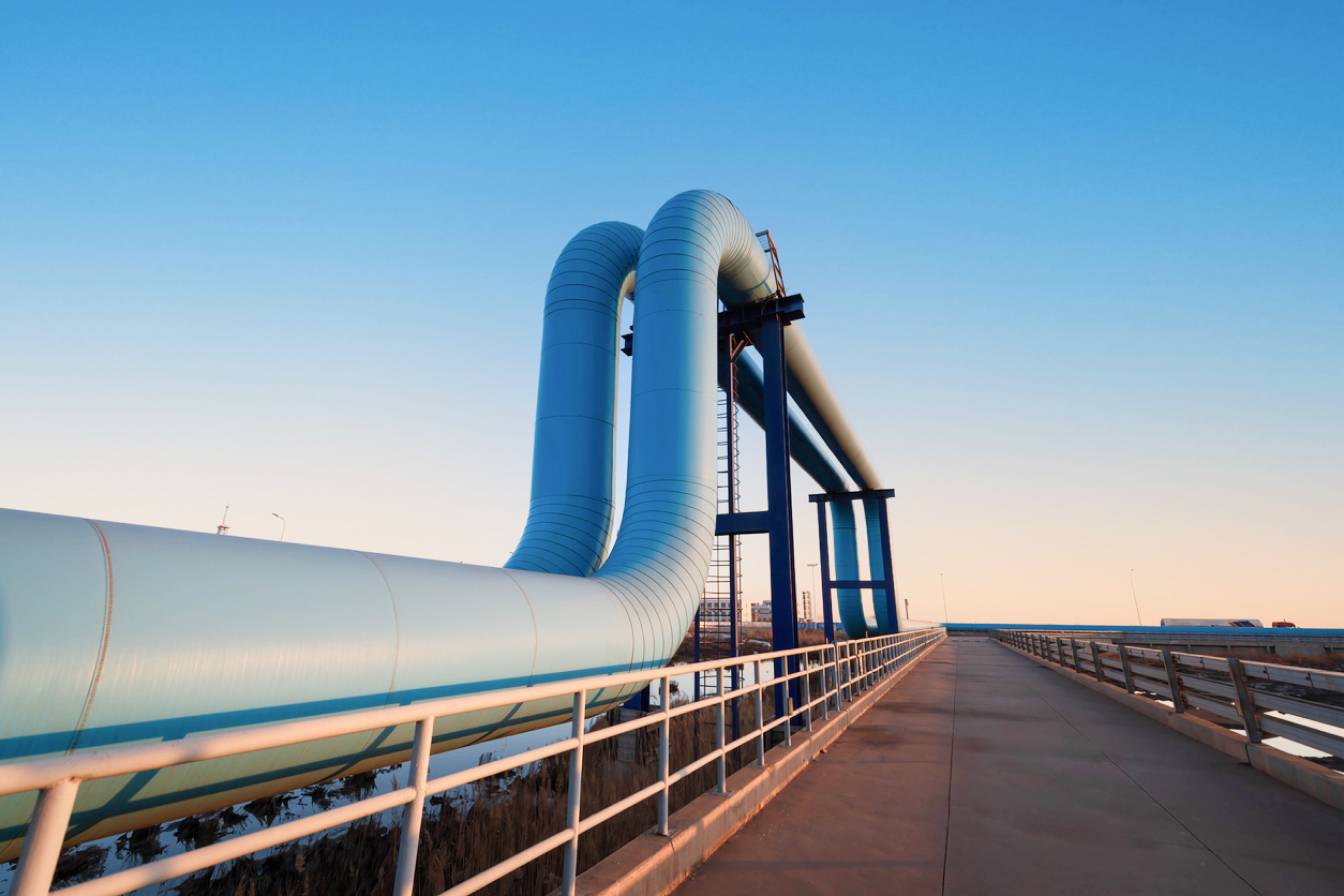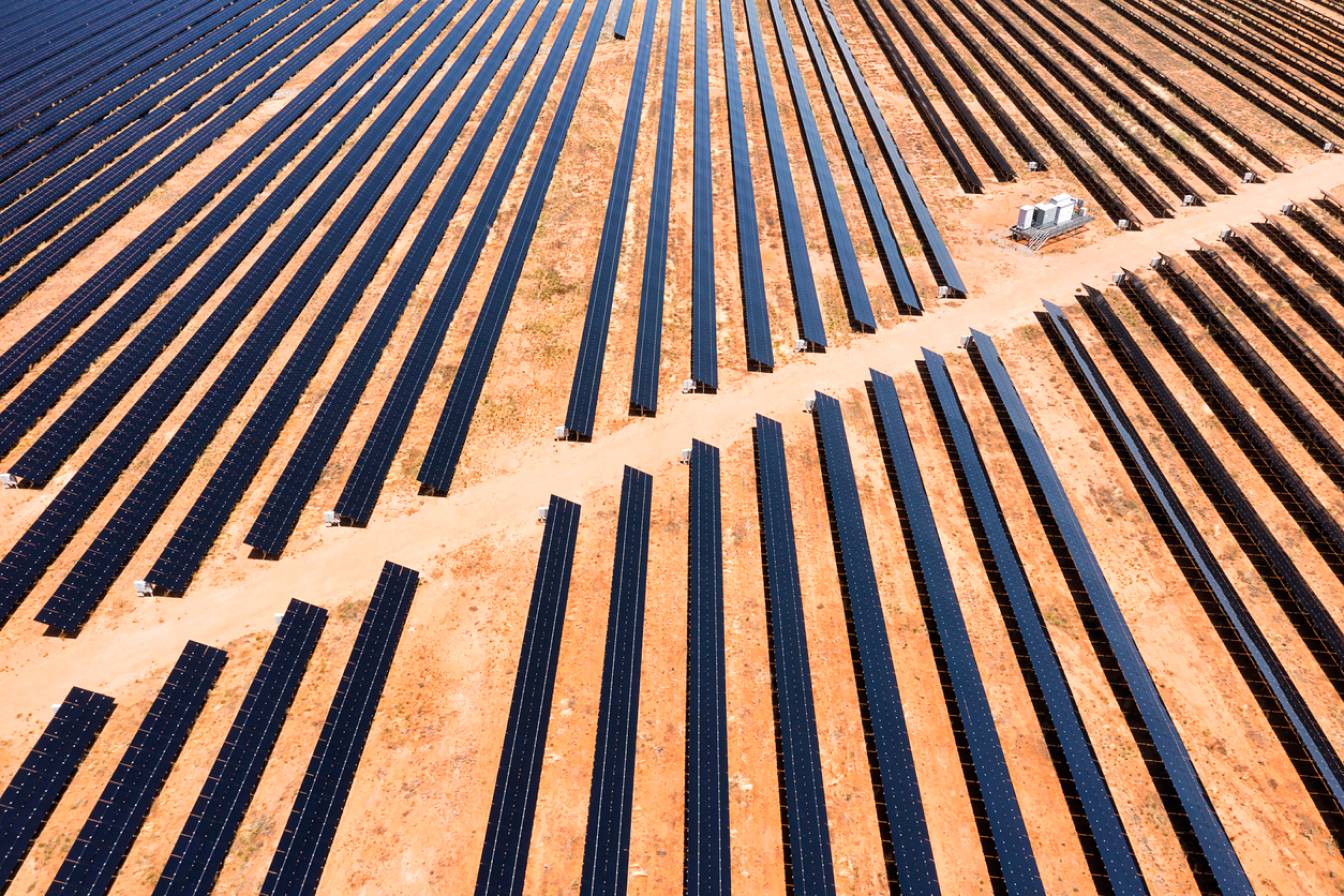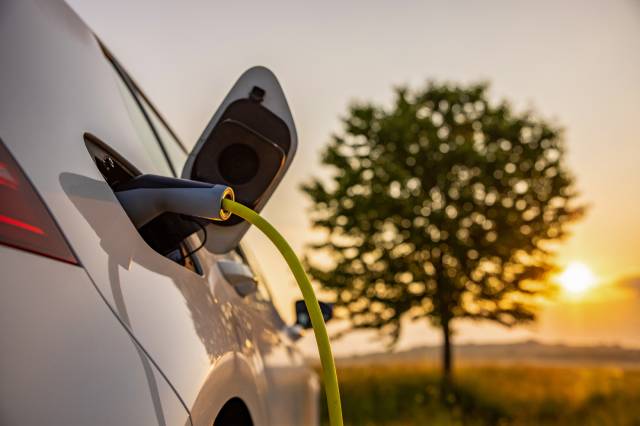Who’s financing fossil fuels?
If we’re to avoid the worst impacts of climate change, no new coal projects can be added to the existing projects already in operation globally, the latest report from the United Nations Intergovernmental Panel on Climate Change (IPCC) warns.
The International Energy Agency separately warns of the climate dangers if any new oil and gas projects come into existence1.
And yet, coal and fossil fuel projects continue to come to life.
There are 116 new coal and gas projects in the pipeline, the latest Australian Government Resources and Energy Major Projects (REMP) list shows2.
For big fossil fuel projects to get off the ground and operate, they need financing or investor capital. This financing is their lifeblood – they can’t exist without it.
Who is behind the financing of fossil fuels?
The main sources of financing for fossil fuels are in the banking sector, but other sources of financing for fossil fuel include equity financing via the share market, as well as superannuation and managed funds. Insurance companies play an important role in fossil fuel financing too, as does government policy.
Since countries agreed to limit warming to 1.5 degrees in 2015 through the Paris Agreement, Australia’s “Big Four” Australian banks have lent $57.5 billion to companies and projects that expand fossil fuel supply, the Climate Council says. This includes $19.2 billion to companies with plans to expand fossil fuel production and $9.5 billion directly for new or expanded projects, it states in its report3.

The main source of financing for fossil fuels is the banking sector.
Examples of this financing include a $16.7 billion loan to the global coal mining giant Glencore in 2021 by a consortium of Australian and international banks4. Glencore currently operates 17 coal mines across NSW and Queensland, and has a further three additional coal mines under assessment.
A consortium of banks helped fund an $1.86 billion loan to the Coastal Gaslink Pipeline in British Columbia, Canada, the Climate Council highlights.
Westpac contributed to a $1 billion loan to Whitehaven Coal in February 2020, the report states. Whitehaven operates four coal mines across NSW and plans to start another two major projects by 2025.
Meanwhile in 2022, ANZ contributed to a $1.8 billion loan to Santos to help finance the company’s Barossa gas project. Commonwealth Bank, Westpac and ANZ were also involved, the Climate Council report highlights.
But it’s not just banks financing fossil fuel projects. Australia’s 15 largest superannuation funds had at least $25.1 billion invested in coal, oil, and gas expansion as of December 20225.
It’s not just the mainstream options of super funds feeding this expansion – so-called sustainable funds are investing in fossil fuel companies too. A recent investigation by the ABC finds that 12 sustainable or ethical-labelled super options collectively hold almost $1.2 billion worth of fossil fuel industry shares6.
Spirit Super, Mercer, Active Super, NGS and Care Super are among the largest holders of fossil fuel companies within their sustainable options, with top holdings including BHP Group, Rio Tinto, Worley, among others. At Australian Ethical we are doing our part, by not only restricting+ investment in fossil fuel companies, but also using our influence to bring to keep companies on track with their climate goals.
Financing of fossil fuels is one area we have been focusing on. In fact, it’s a prime target for our investor advocacy.
How fossil fuel financing works

Super funds and other investors can be supporting fossil fuel projects indirectly by investing in publicly listed companies with existing or planned facilities.
Banks finance fossil fuel projects with loans, much like a bank finances a home loan. They will also provide financing through corporate finance and bond arrangements.
Corporate finance can include equity capital raisings, where a listed company will go to share holders and investors, as well as bond arrangements, where loans are syndicated and funded by a series of investors.
Super funds and other investors can support fossil fuel projects indirectly by investing in publicly listed companies with existing or planned facilities. Santos, Woodside Energy and Whitehaven Coal are among the largest companies listed on the ASX with existing and plans for new fossil fuel projects.
Fossil fuel financing can be direct through project financing, or indirect through general corporate financing to the corporate structure that own projects.
Insurance companies also play an important role in financing fossil fuels when they agree to underwrite. If an insurance company goes guarantor for a project or a company financing projects, it can pave the way for banks and shareholders to stump up capital.
Fossil fuel projects have long lives and need lots of financing to get up and running and to operate.
Why do we care who's funding fossil fuels?
Every dollar spent on building a new coal plant displaces a dollar spent building renewables, storage, and power grid upgrades, Global Energy Monitor highlights7.
“This phenomenon is known as ‘lock-in,’ due to the four-decade lifespan of a coal plant and the inability of coal plants to provide the flexible dispatch needed to mesh with intermittent renewables,” it states.

Every dollar spent building a new coal plant displaces a dollar spent on renewables, storage, and power grid upgrades.
If the financial community continues to provide funds to fuel the expansion of coal and fossil fuels, it not only take us further away from our science-based goals, it also hampers our transition to renewable energy, the Global Monitor report argues.
We are focusing our efforts on bank financing because as an investor, this is where we believe we have the most influence turning off fossil fuel financing. You can read more about our efforts to stop financing for fossil fuels in our latest Stewardship Report.
Banks should be lending and investing in a way that is consistent with limiting global warming as close as possible to 1.5°C, as a key risk mitigation strategy for their own operations, as well as the financial system.
Banks can enable enormous social good, but bankrolling fossil fuel expansion is exacerbating the climate crisis and compounding climate risks in the broader financial system.
Learn more about Australian Ethical and how we can help you invest ethically.
+ Our investment restrictions include some thresholds. Thresholds may be in the form of an amount of revenue that a business derives from a particular activity, but there are other tolerance thresholds we can use depending on the nature of the investment. We apply a range of qualitative and quantitative analysis to the way we apply thresholds. For example, we may make an investment where we assess that the positive aspects of the investment outweigh its negative aspects. For information on how we make these assessments for a range of investment sectors and issues such as fossil fuels, nuclear power, gambling, tobacco, human rights, and many others, please read our Ethical Criteria.
3 CC_MVSA0376-CC-Report-Climate-and-Finance-Risk_V3-FA-Screen-Single.pdf (climatecouncil.org.au)
4 ‘What are our biggest banks investing in?’ – P23 https://www.climatecouncil.org.au/wp-content/uploads/2023/12/CC_MVSA0376-CC-Report-Climate-and-Finance-Risk_V3-FA-Screen-Single.pdf
5 CC_MVSA0376-CC-Report-Climate-and-Finance-Risk_V3-FA-Screen-Single.pdf (climatecouncil.org.au)



